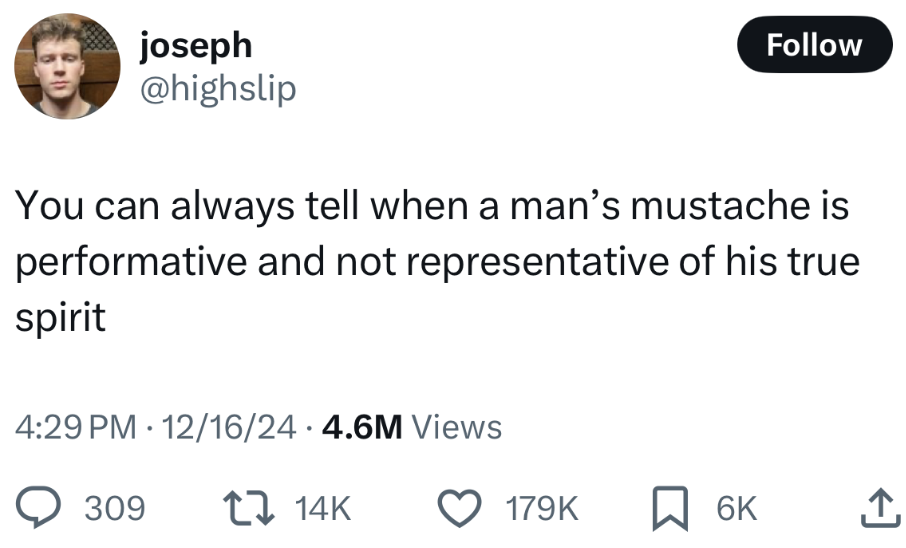Forty-three countries do not allow dual citizenship. China is one of them. To some extent that means being Chinese and being American is mutually exclusive. In the current “cold war” political climate, our bodies are caught between the tension of two powerful nations, forever in limbo.
One day, some years ago, I began dreaming in English.
My family came here on visitor visas. We waited for many years to get them. I flew by myself and almost got stuck at customs because I told the workers, earnestly, that we were not here for vacation. Luckily, someone remembered my dad because he flew a month ago, so he let me pass. I came to San Francisco with Hello Kitty luggage and a United Airlines pin clutched in my hand. A Christian woman said my English name should be Grace. We overstayed our visas and got green cards and permanent resident status.
My mom told me when all my dreams are in English, then I will truly be American.
For my parents, the American Dream is to work hard and then live a comfortable life. They also add filial piety to it, and wish for us to give back to them what they gave to us. I know why they wish for us to actualize this dream: we are their safety net, we are their only hope. Yet, believing in this dream can be dangerous. Believing in this dream means succumbing to the individualistic, competitive nature of U.S. capitalism. That can be motivational, encouraging, even empowering to some. But it can quickly turn into a holier-than-thou model minority mindset. We can internalize and blame individuals rather than critiquing institutions. The Chinese community has unaddressed mental health pressures, frequent usage of racist rhetoric and has no qualms in siding with the oppressive system in the name of patriotism. I know my parents embrace this thinking proudly. But I — we, this younger generation — do not have to do the same. But by not embracing these norms, are we less American?
In 2018, my dad took the citizenship test and passed. I became a naturalized citizen and thus my Chinese citizenship was revoked. My mom never took the test. My mom never had to learn English because we live in a gentrified, predominantly Asian area. The Chinese community is a large audience. We are capitalized upon. We are profitable resources. Some of us are proud of that. When my parents state that it is easy to make money and other minorities have victim complexes, I want to tell them they are blinded by their pride, that their vision of what Chinese-Americans are actively hurts the most marginalized of us. I think my parents believe that to succeed via meritocracy proves that they are American.
In Feb. 2019 my paternal grandfather passed away. He was the one who taught me that urine makes scallions grow faster and the one who bought me sugarcane from street vendors. That year my visa to China expired, so I reapplied with my dad. A couple days later, the Consulate General of the People’s Republic of China in San Francisco called us to tell us our visas had been denied. We watched my grandfather’s cremation over WeChat, with pixelated visuals and lagging audio. A month later I was accepted into Wellesley. My parents told their friends that it is the alma mater of Song Meiling.
We were fighting about the protests again last month. We have argued since Ferguson, to Minneapolis, to today. I think WeChat propaganda made my parents think being pro-police is being pro-America. I still try to get through to them sometimes. My mom said to me, “If you get killed by the police, no one would riot for you.” Would you not riot for me, mom? Wouldn’t you?
I went on a volunteer trip one winter in Boston. One night we decided to make grilled cheese and soup for dinner. A girl said that grilled cheese and tomato soup is the signature experience of every American’s childhood. The other volunteers agreed. I sat across from her at the table. I wanted to scream “I’m American and I’ve never had tomato soup”. But was I? American, I mean. She was very nice, so I am sure she did not mean it in that way. I did not say a word. I tried tomato soup (Campbell’s) for the first time that night. It tasted like ketchup. I didn’t finish it.
Sometimes I think to myself, what a “First-world problem” this is. To complain and ponder this. This slight alienation of the American experience, the American culture, the American dream. This loneliness that is so often unbearable. After all, we do have Subtle Asian Traits, and boba fundraisers and white professors teaching our geopolitics. After all, we do have Instagram posts that say “Yellow Peril Supports Black Power” in contrast to our parents that oppose affirmative action. After all, even if someone tells me to “go back to my country,” I can tell them that I can’t — my home country won’t let me go back.
One day, some years ago, I began dreaming in English.



